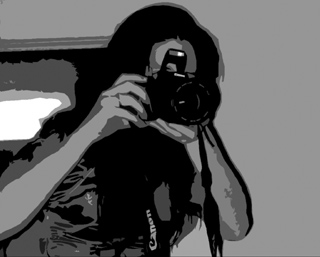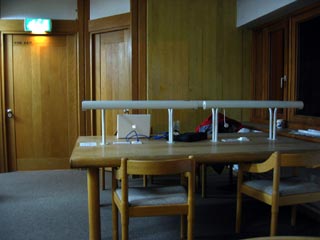The fact that it is now the last day of December is vaguely amazing to me. The time that has passed since returning from Turkey on the 16th has been the extended equivalent of deciding to have a nap after lunch and waking up at 8:00pm.
I suppose the winter break last year was similar, though two differences stand out as significant. Whereas last year, I spent a good amount of time getting to know Louise, this break has been characterized by almost universal solitude in Oxford. More importantly, whereas last year’s break involved little necessity of getting anything academic done, I have felt constant pressure this time, and hence constant disappointment. Kate pointed out, quite rightly, that an essential element of being a success in graduate school is being able to do your own planning and marshall your own energies; in the absence of a social climate, this is not a thing at which I succeed well.
While the post-Turkey period has been largely lacking in lustre, the year has generally been an unusually good one. I travelled to Malta in March, Scotland in July, Ireland in August, Vancouver and Barrier Lake in September, and Turkey in December. I met some new and interesting friends, gained some local and international correspondents, and did a lot of good photography and academic work. Publication of the eternal fish paper was secured, if not accomplished, and I did my first serious teaching. I had my first photograph published, albeit without my permission being asked.
2007 will be the most unscripted year of my entire life to date. If you had asked me to bet, at the age of twelve, what I would be doing at the age of 23, I would have suggested four years as an undergrad, followed by graduate school somewhere. Where the road leads from here is profoundly unclear – a reality that almost anyone would find somewhat daunting. It will be interesting to see what my summing up on 31 December 2007 will involve.



